 I was very proud to host our company’s 8th annual worldwide user group meeting in Braga/Guimarães, Portugal recently. This milestone for WeDo Technologies was not just about attracting more than 60 operators from 40 countries, but hearing about to the experiences they brought with them that they were so willing to share.
I was very proud to host our company’s 8th annual worldwide user group meeting in Braga/Guimarães, Portugal recently. This milestone for WeDo Technologies was not just about attracting more than 60 operators from 40 countries, but hearing about to the experiences they brought with them that they were so willing to share.
The Fraud and Revenue Assurance communities have always had a reputation for working well across competitive boundaries. Excelling in both areas has always played an important part good business operation, but has never been considered a competitive edge.
However, sharing experiences across the industry to reduce Fraud, in particular, has been brilliantly successful in some markets. This spirit of cooperation has never been so well illustrated as it was in Braga/Guimarães last month, but the challenges of running businesses more efficiently continues to push C-levels and boards more heavily into closer analysis of all aspects of the business. We were blessed by the presence of a number of keynote speakers and a series of customer case study presentations given by the customers themselves.
One theme that came up and created much discussion was around the challenges of investing in continuous network investment and transformation projects. One might have inferred that, if an operator's business was not being intolerably affected by not having pushed such projects through, then it might not actually be necessary. This is a balance with which BSS vendors are constantly confronted; operators never want to take the pain of transformation up front and are prepared to shoulder less intense discomfort for long periods of time.
There is a compelling need for operators to be sure about what they needed to spend money on and be able to justify that spending with a reasonable return on investment. The days of unfettered capital spending are well and truly over.
However, even though determining what will be the next ‘big thing’ is still a matter of guess work in many cases, the need to add network and business systems infrastructure can be far more easily determined if a business assurance program is in place across all elements of the operation. Those operators that were early in implementing Fraud and Revenue Assurance monitoring tools have found themselves at a distinct advantage in progressing towards an Enterprise-wide Business Assurance capability. Knowing what assets are being used and being able to optimize them is a plus, but also determining which can be retired is also key to cost management. And it is the cost management side of the equation that can bring operators the quickest benefits. If it’s not broken, don’t fix it.
Concerns about billing transformation are not uncommon amongst C-levels, but knowing what parts are broken or need replacing goes a long way in justifying a business case at board level.
This article was first published in TelcoProfessionals.com. You can find the original version here.



Let Us Know What You Thought about this Post.
Put your Comment Below.